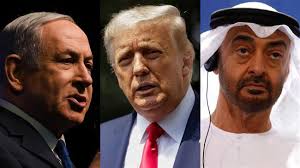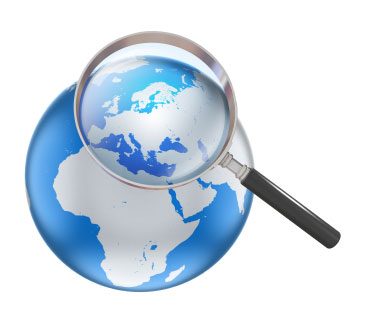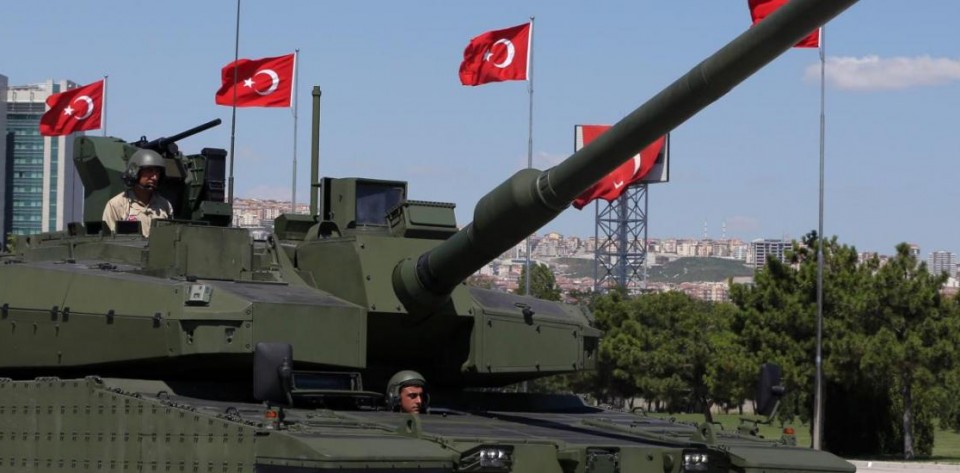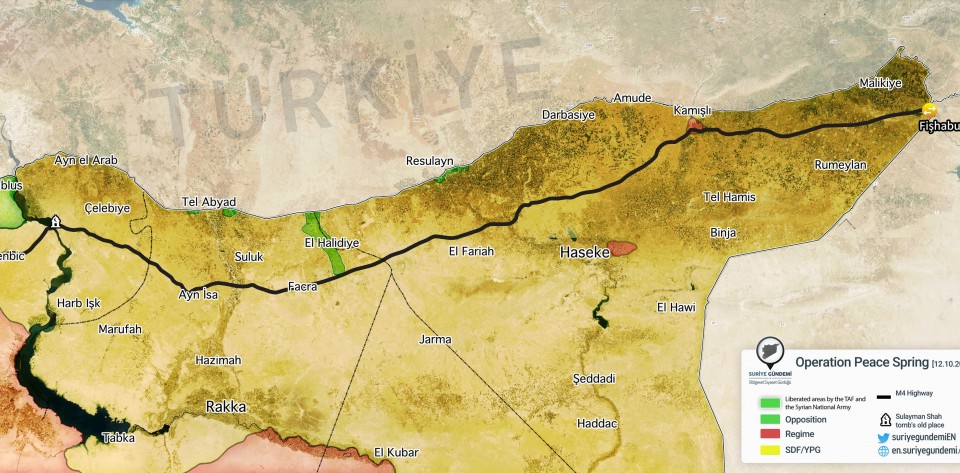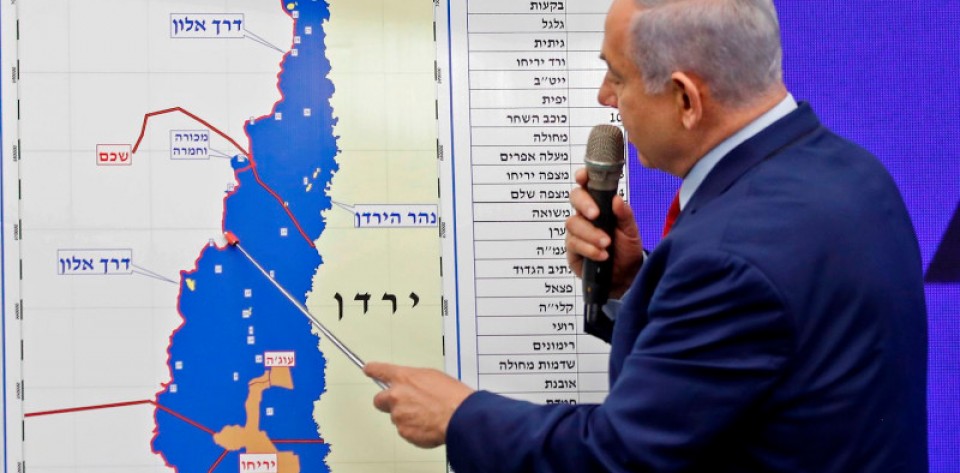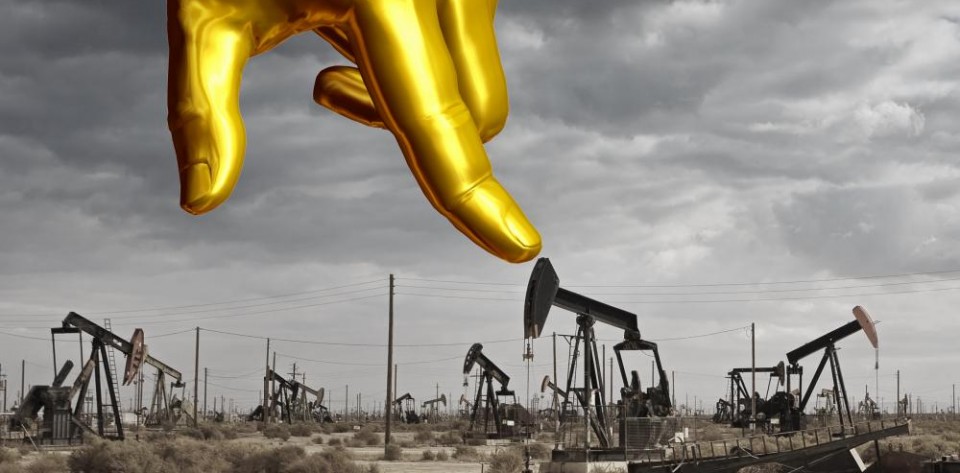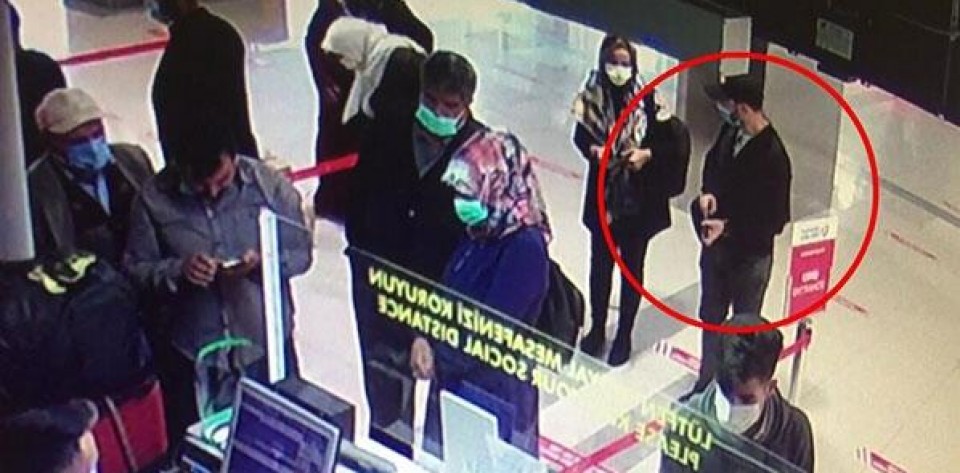President Trump announced that deal would lead to greater cooperation on investment, tourism, security, technology, energy and other areas while the two countries move to allow regular direct passenger flights, open embassies and trade ambassadors for the first time. UAE will be the third Arab country to have a normal diplomatic relations with Israel along with Egypt and Jordan.
The Emirati leadership has more use for warm relations with Israel than they do for the Palestinian cause. The UAE and Israel are both wealthy nations with a shared interest in countering Iranian regional influence. The rising generation of Gulf royals have less personal attachment to Palestinian nationhood than many of their forebears. And Abu Dhabi Crown Prince Mohammed bin Zayed Al Nahyan (MBZ) feels secure enough in his power to flout domestic public opinion on a matter of foreign policy.
The Israeli government did not pledge to recognize Palestinian sovereignty over the West Bank. It did not promise to halt or even slow the expansion of Israeli settlements in the occupied territories. Rather, Israel agreed that it will not illegally annex its settlements in the West Bank for a little while. It only agreed to “suspend” annexation as it seeks to normalize relations with other Gulf States (further marginalizing Palestinians in the process).
Although Arab leaders emphasize that any attempt to annex will definitely and immediately, revers all of the Israeli aspirations for improved security, economic and cultural ties with the Arab world, as far as Iran threat remains intact, Arab leaders have no choice but to neglect any Palestinian protest and / or reaction.
Amid a resurgence of COVID-19 infections, the Israeli unity government signaled it was more focused on managing the fallout of another wave of the virus over absorbing the potential repercussions of annexation. Circumstances may become more favorable for annexation again, should the pandemic ease and Israel's unity government might stabilize. Once but not if that happens, that would make a future Palestinian state unviable.
Turkey has shown reaction against the deal between Israel and UAE. Turkey was considering closing its embassy in Abu Dhabi and suspending diplomatic ties with the United Arab Emirates over its accord to normalize ties with Israel. Relations between the nations have been strained for months since Turkey sided with Qatar in a diplomatic dispute between the Gulf nations over alleged support for Islamic extremism. The new name of the street is called “Fahreddin Pasa Street” referring the last Ottoman governor in Medina also known as “The last defender of Medina” among the Turks. Turkey believes that Arab leaders tend to neglect and leave Palestinians to their own destiny against Israel. This would compel Turkey to increase its influence and strengthen its muscles in East Mediterranean Sea.
Considering Israel, UAE, Egypt, Saudi Arabia and Greece alignment against Turkey, the situation is getting severe in land and on sea. Any spark would easily give a rise to military escalation in the region.

